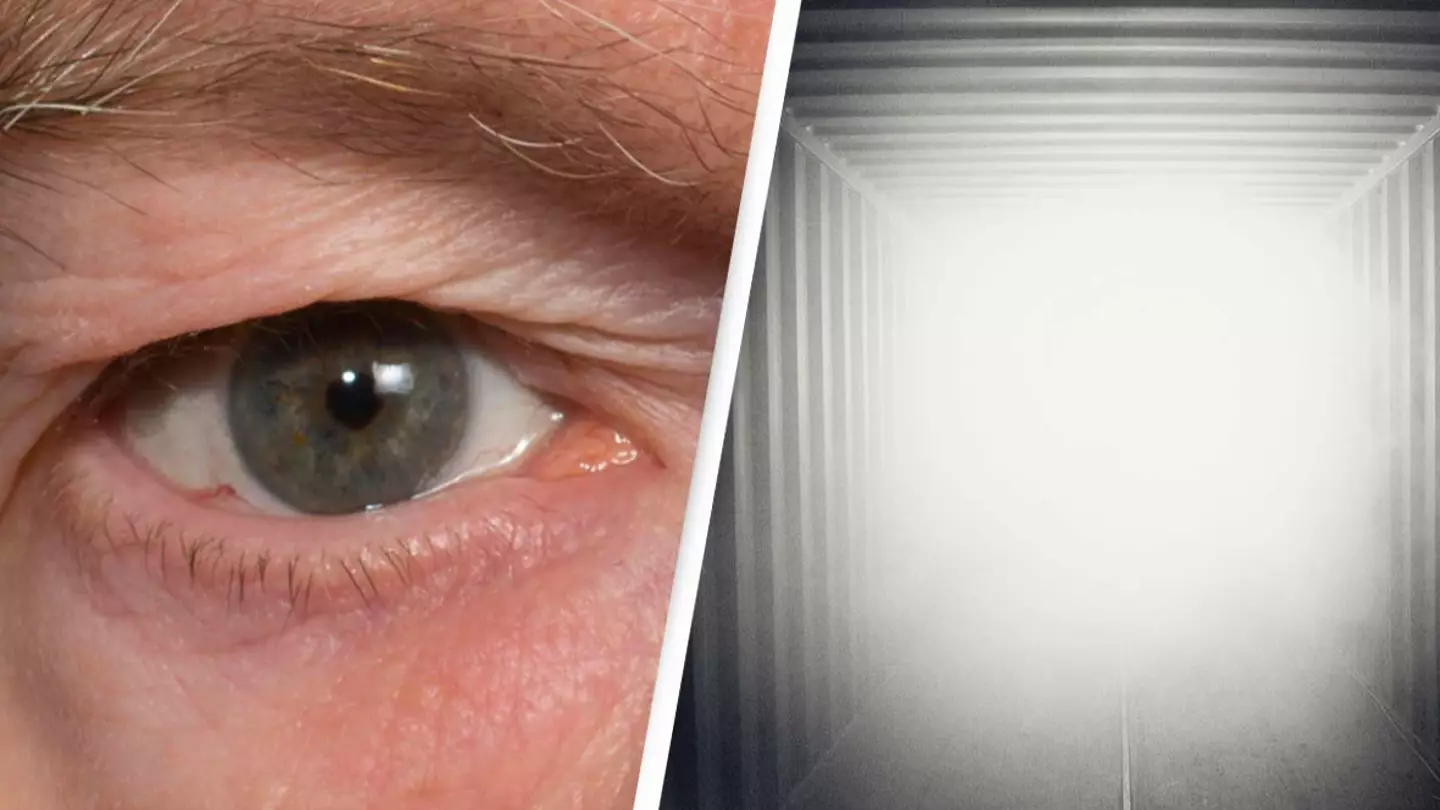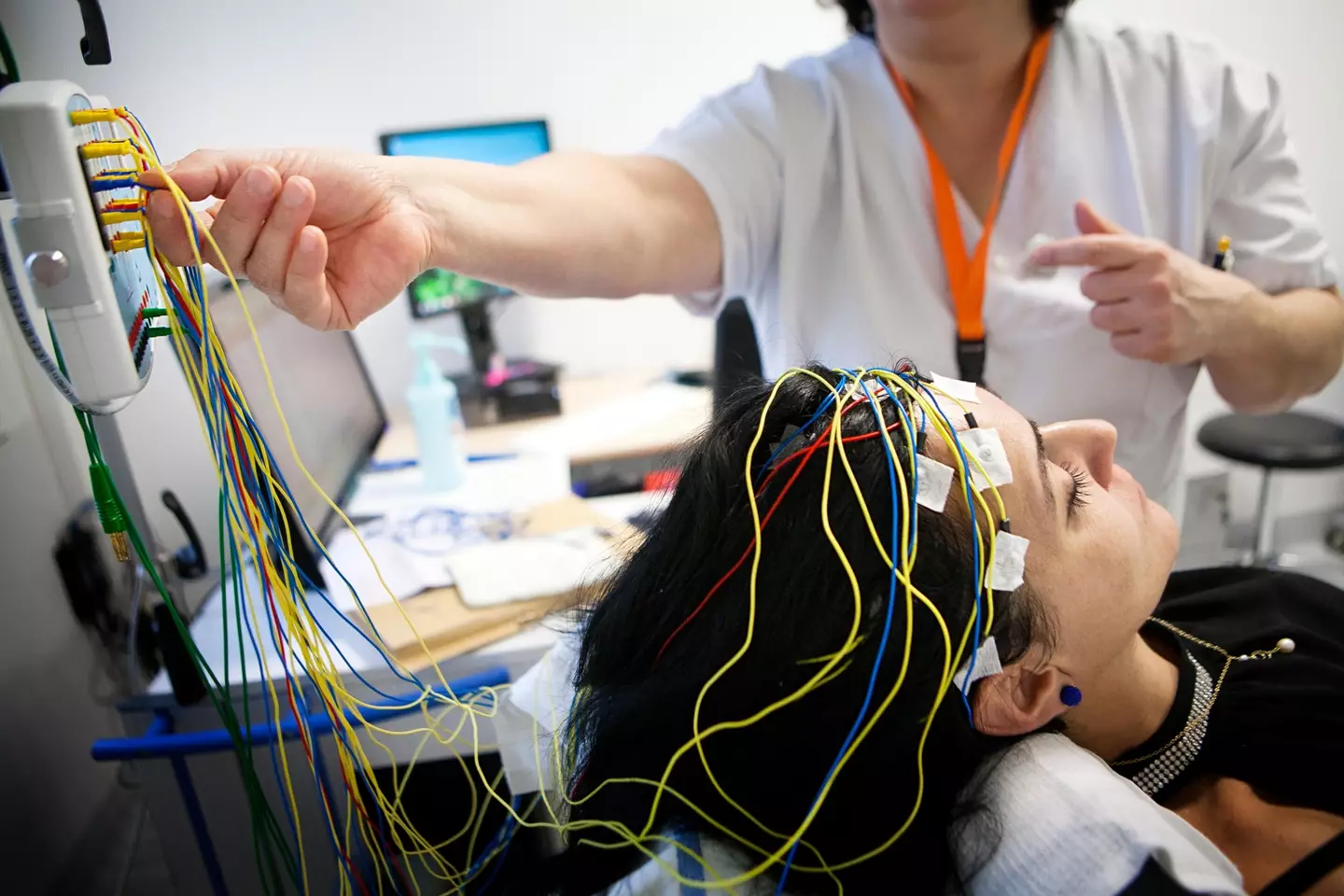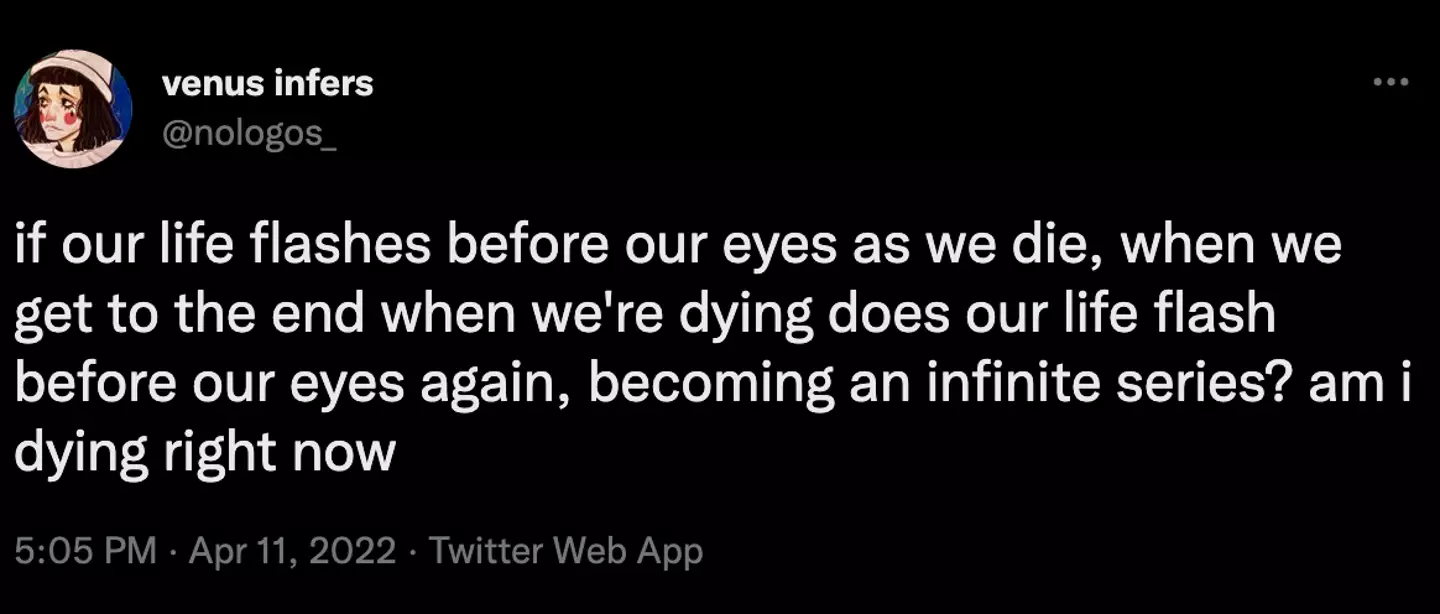
A study has offered new insight into whether or not life truly flashes before your eyes just before you die.
Scientists were unexpectedly able to record the activity of a dying human brain when a patient passed away while undergoing tests and treatment for their epilepsy.
The study - organised by University of Louisville neurosurgeon, Dr Ajmal Zemmar - has since shed light on what may happen in the brain in the moments leading up to one's death.

Advert
In the research article, titled 'Enhanced Interplay of Neuronal Coherence and Coupling in the Dying Human Brain' - published on Frontiers - Zemmar and the rest of the team explain how 'the neurophysiological footprint of brain activity after cardiac arrest and during near-death experience (NDE) is not well understood'.
The article continues: "Although a hypoactive state of brain activity has been assumed, experimental animal studies have shown increased activity after cardiac arrest, particularly in the gamma-band, resulting from hypercapnia prior to and cessation of cerebral blood flow after cardiac arrest.
"No study has yet investigated this matter in humans."

Advert
However, when senior researcher and group leader of the Computational Neuroscience Lab at the University of Tartu in Estonia, Dr Raul Vincente, and his colleagues tried to treat an 87-year-old patient with epilepsy, circumstances changed.
The team used continuous electroencephalogram (cEEG) monitoring on the patient.
"Electroencephalography (EEG) is a diagnostic procedure to check for brain disorders, including seizures, by recording electrical activity in your brain. A continuous video electroencephalogram (EEG) studies your brain activity longer than a standard EEG and correlates brain electrical activity with clinical activity," according to M Health Fairview.
It was during this monitoring when unfortunately, the patient suffered a cardiac arrest and passed away.
Advert

Due to still being hooked up to the monitoring, the team of researchers were able to record and analyse the patient's brain activity in the moments leading up to their death.
The activity which was picked up on suggested 'the brain may pass through a series of stereotyped activity patterns during death' - stereotyped activity such a dreaming, recalling memories or concentrating when our brains are required to carry out high-cognitive tasks.
The activity began 30 seconds prior to the patient going into cardiac arrest and continued for 30 seconds after their heart fully stopped too.
Advert
Dr Zemmar told the BBC: "This could possibly be a last recall of memories that we've experienced in life, and they replay through our brain in the last seconds before we die."

While the accidental findings require further investigation - having only been recorded this one time on a human and a human who also experienced 'haemorrhage, swelling and seizures' on the brain - the findings from the 87-year-old patient do back up the results of a 2013 study carried out on rats.
The finding is a moment 'scientists live [...] for' according to Dr Zemmar.
Advert
Dr Zemmar told Frontiers Science News: "As a neurosurgeon, I deal with loss at times. It is indescribably difficult to deliver the news of death to distraught family members.
"Something we may learn from this research is: although our loved ones have their eyes closed and are ready to leave us to rest, their brains may be replaying some of the nicest moments they experienced in their lives."
If you have experienced a bereavement and would like to speak with someone in confidence, contact Cruse Bereavement Care via their national helpline on 0808 808 1677
Topics: Science, World News, Animals